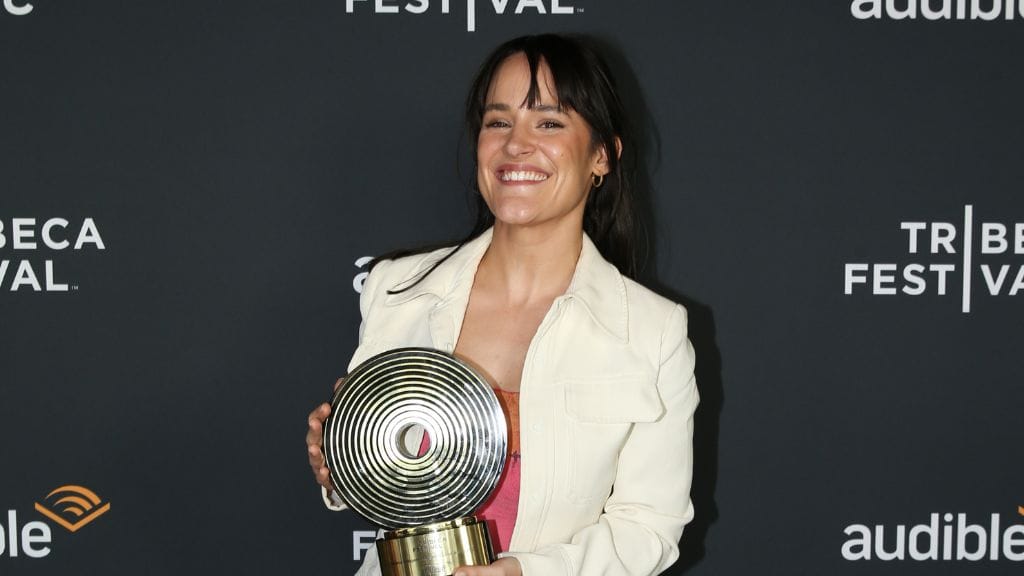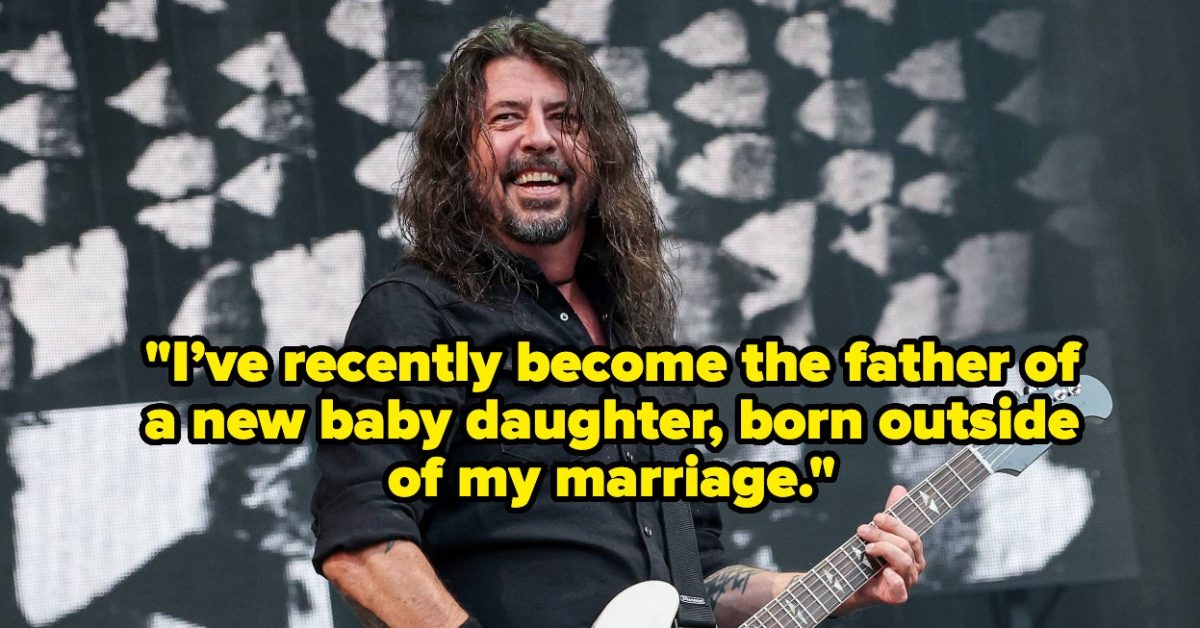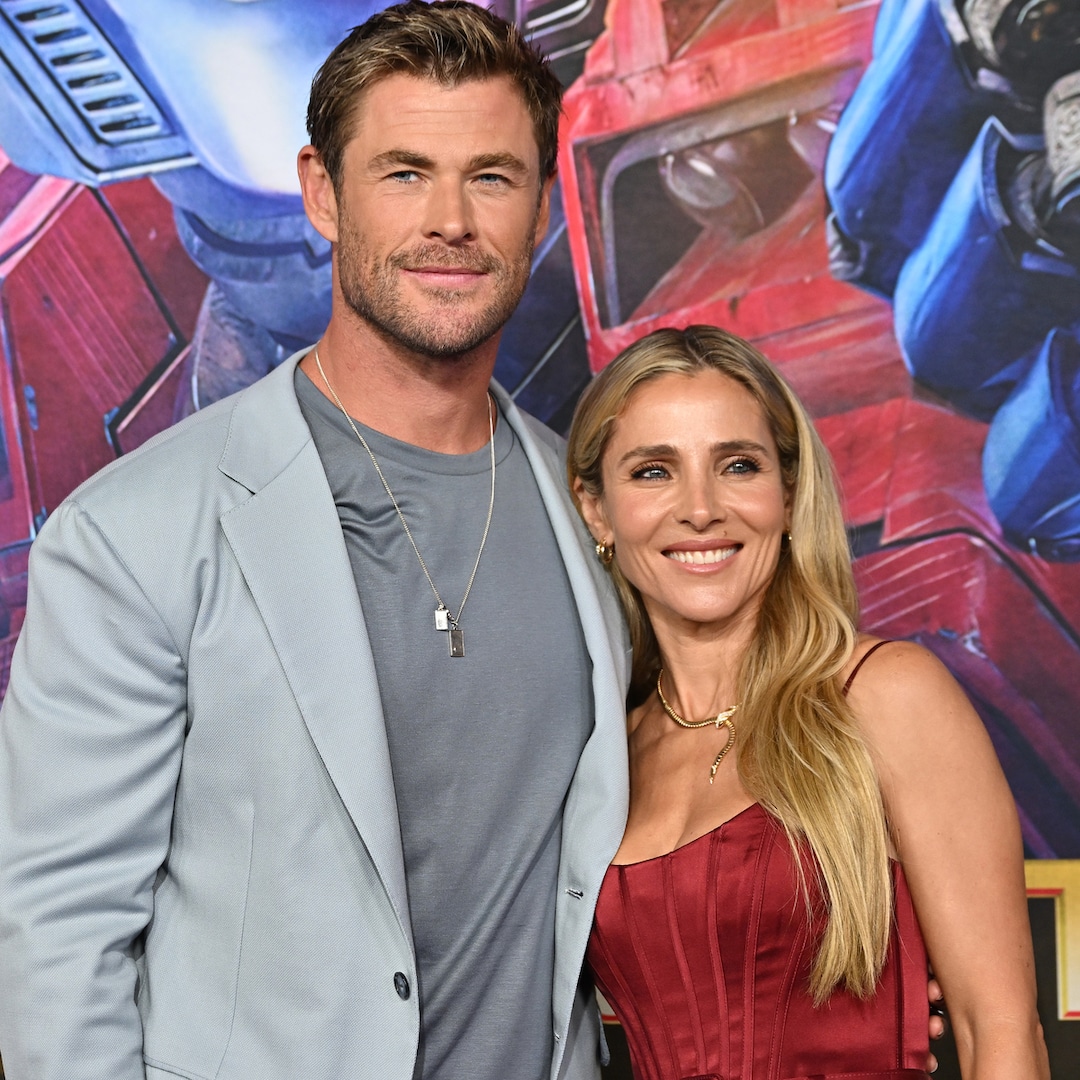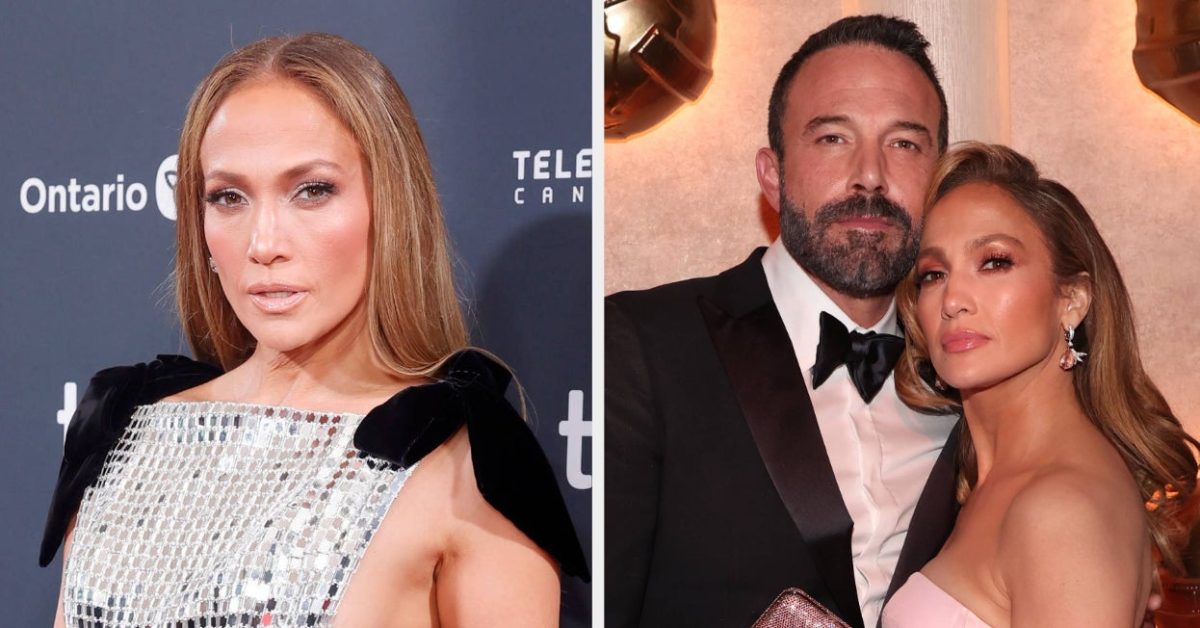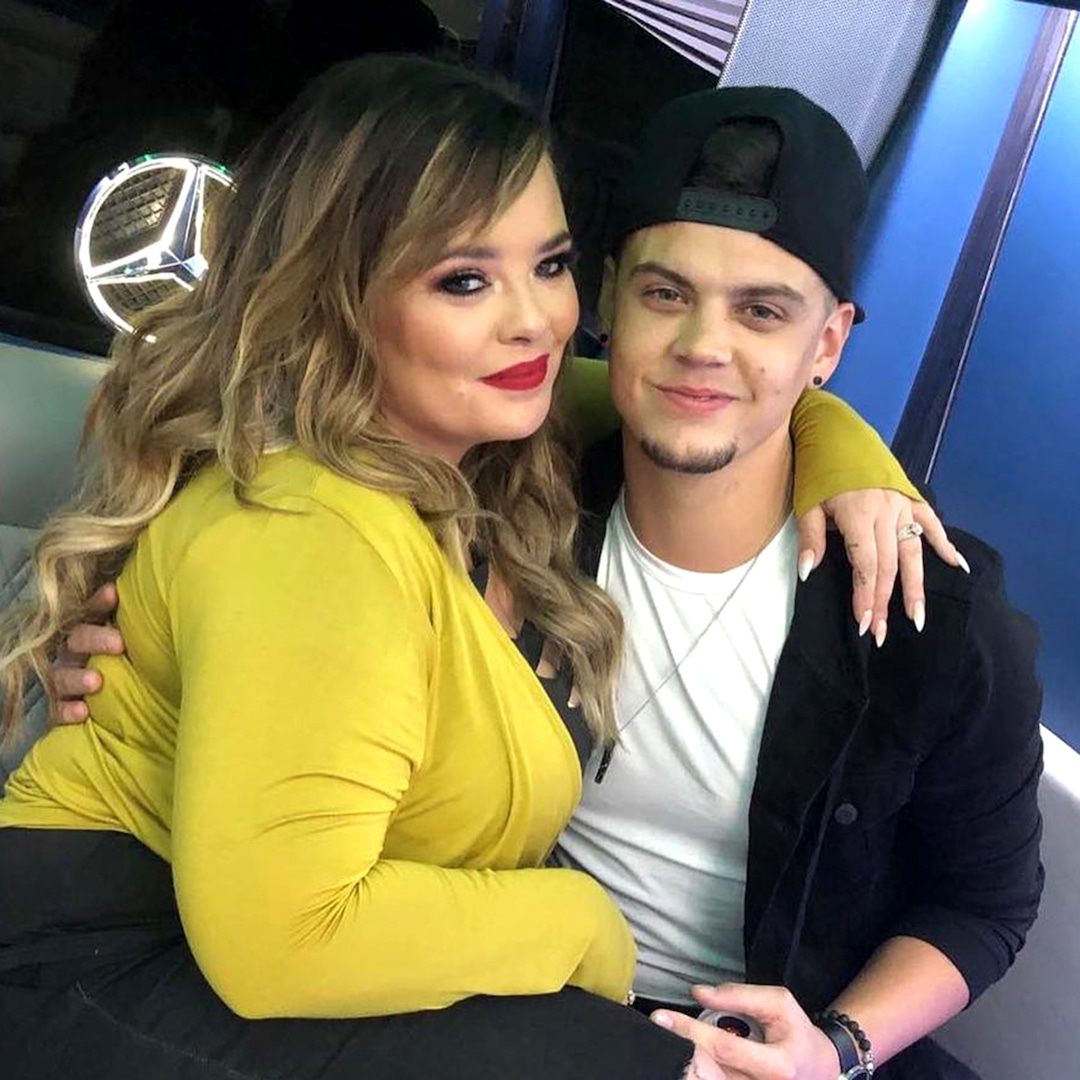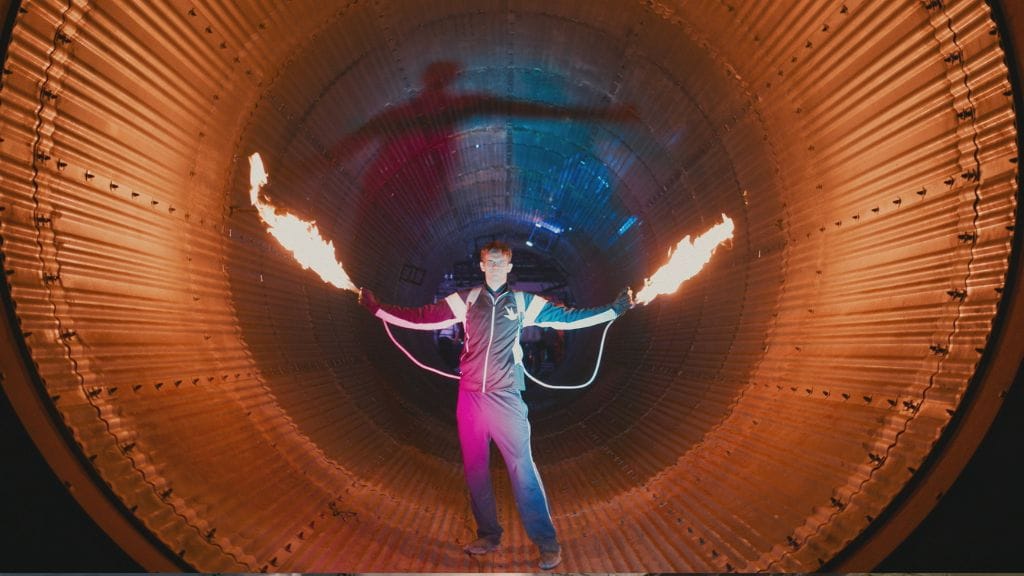
Wild Wild Space Filmmakers on Telling the ‘Untold’ Story of the Rocket Industry
Aug 25, 2024
The new HBO documentary Wild Wild Space tells the hitherto untold story of a group of rocket tech startups competing to launch satellites into space.
Based on tech journalist and author Ashlee Vance’s book, When The Heavens Went on Sale, and directed by Oscar-winning Born Into Brothels filmmaker Ross Kauffman, it’s a story of the fascinating celestial land grab that’s going on above our heads, in which these rocket tech startups fight for control of low earth orbit. Meanwhile, more and more satellites are ricocheting around up there, taking pictures of every square inch of earth and relaying back information to the public that was previously only accessible to government officials.
Wild Wild Space follows three rocket companies in particular, along with their charismatic leaders — and, no, none of them are Space X’s Elon Musk, Virgin Galactic’s Richard Branson, or Blue Origin’s Jeff Bezos.
Instead, the movie follows a lesser-known, but way more interesting cast of characters: Chris Kemp, co-founder/CEO of Astra Space; Peter Beck, founder and CEO of Rocket Lab, and Will Marshall, co-founder and CEO of Planet Labs. All of them have essentially dedicated their lives to launching satellites and rockets into this uncharted territory in space.
While writing his book, Vance had been compiling footage of these characters for years in the hopes of making it into a documentary. To bring it to life, he assembled an impressive team: Adam McKay’s Hyper Objects, Steven Spielberg’s Amblin Entertainment, Zero Point Zero, and HBO.
The result is a riveting story of competition, successes, failures, and the dedication and tenacity of tech startup founders to try, try again.
We spoke with Vance, director Ross Kauffman, and producer Jaye Callahan about the making of the documentary below.
Q&A with Wild Wild Space Filmmakers
Margeaux Sippell: Ashlee, you wrote a biography about Elon Musk called Tesla, SpaceX, and the Quest for a Fantastic Future. Did you ever think about including him in this doc?
Ashlee Vance: I mean, I know Elon obviously from doing the biography. He had even started talking to me again at some point during this after not talking to me for a long time, but no, that was just like never my interest. I was very clear from the beginning that I wanted to tell the story that I felt had been untold and that there were all these interesting characters the world was missing.
I just felt like there were a ton of SpaceX movies, the other billionaires really, frankly, were not that accomplished in space. Someone like Peter Beck was doing a lot more than Jeff Bezos or Richard Branson. And so, no, I just I never really went that route. I purposely rejected it.
Photograph courtesy of HBO
Margeaux Sippell: Ross, how did you first get involved in the movie?
Ross Kauffman: Ashlee filmed for a number of years. COVID came, there was a little bit of filming. And I got a call about this project and if I was interested in possibly meeting the author, watching some some footage. I don’t know anything about space… I read the book. And it was kind of riveting.
I loved the characters. I understood some of the issues at hand. But it was really characters like Pete Worden the Brigadier General, Will Marshall and Robbie Schindler, especially Chris Kemp, right. That really came to life. And then I watched some footage. I thought, alright, there are scraps here. And there were more than scraps. But we watched the footage and thought, alright, there’s a movie in here. Let’s take it on.
Jaye Callahan: We had a little over 250 hours worth of footage that we started that Ashlee shot that we went through that was with each of these companies, and we’re whittling it down picking favorite scenes. And we did 24 shoot days after we had gone through that footage. So that was when we had kind of narrowed down who we’re going to film with
Also Read: ‘The Quad Gods Are Getting Bombarded With Love’: Quad Gods Director Jess Jacklin on Her Provocative Doc About Disabilities and Gaming
Margeaux Sippell: What ended up on the cutting room floor, and how did you whittle down this narrative from all the characters that are in the book to what we see in the movie?
Ashlee Vance: The getting rid of your darlings is always one of my least favorite things to do, and I’m terrible at it. So this gave me this luxury where I kind of got to double dip. It didn’t hurt me that some of the people were getting whittled out of the movie. For the cutting room floor, I mean, really, there are entire companies that I went to other continents with and filmed with that are just not in here at all.
When Ross and Jaye were kind of centering in on that group of Pete’s kids, again, I just thought it was the right choice. Because I had originally decided, when I first started do the book, I was only going to write about them as well. So I think we all had the same instinct that that was the strongest story. So all that made sense.
Margeaux Sippell: I was really fascinated by the rivalry between Chris Kemp and Peter Beck. Did that come out organically on camera?
Ashlee Vance: We had to coax it more out of Peter than of Chris [laughs].
Ross: I was going to say. But, you know, it’s a funny thing. It’s all depending on people’s personalities, right? Chris is very sort of outspoken, doesn’t really — I don’t know if the word is. It’s not that he doesn’t think before he talks, but he kind of, he doesn’t censor himself. And those are great characters.
Peter, on the other hand, he’s a kiwi, he’s a New Zealander, he keeps stuff close to the vest, but not even that, like it’s just his personality is one not to really go in those directions. But we knew it was important, and we knew it was the truth. So sometimes I would literally yell at people from my interview chair and say, ‘Come on, give it up. Don’t be shy here. Don’t hold back.’ You know? There’s no shame in telling the truth about what happened.
Ashlee Vance: It was not manufactured. It’s like what Ross is saying. Because Peter would text me in the background. For some reason, he’s different in text message. And he’d be like — Astra would raise a bunch of money — ‘I can’t believe people believe that f—ing liar.’ Then we’d go on camera and we’d be like, what do you think about Chris? And he’d say ‘Well, I think they might have some challenges.’
This goes back a long way. There’s that part where Chris Kemp comes out to New Zealand on behalf of Planet to assess different rocket companies, and Peter thinks he’s sort of greeting this guy who might be a potential customer for his rockets. And then Chris starts a rocket company right after that visit. And all that is completely true, and that moment, Peter’s never forgotten that at all. And so that was that was the seed of a lot of this animosity.
Margeaux Sippell: What was it like being in the room watching their successes and failures during these big rocket launches?
Ashlee Vance: It was amazing. You never get to see this stuff. Half of it’s like, this tends to be kind of government, corporate trade secret style stuff. So they never let you have cameras in mission control. We were able to catch these companies, at least some of them, when they were so young that they really weren’t worried about all that stuff yet and it was kind of abstract.
Sometimes it’s funny though. Like I look at the footage, you’re so focused when you’re filming, and the rocket’s blowing up, and you’re just concentrating so much on like, making sure we’re recording the reaction that you’re not fully processing the words sometimes. So you look back at the footage and you see Chris trying to work over the investors and make them feel good. And when you see it, you’re like, oh my god, that was crazy.
But you know, I just thought so much of what gets done about tech companies in Silicon Valley, everyone here where I live was so concerned about their image that you’d never get to see stuff like that. So I don’t know, for me, it was amazing to actually be able to show people not just him trying to persuade someone it’s a good launch — to show people how hard this stuff is, what it’s really like to run a business.
Margeaux Sippell: Jaye, what was the most challenging part of making this documentary for you?
Jaye Callahan: I think it’s always worth saying, this was a fun but really difficult project to do. I got so lucky that Ashlee was so giving, which has not been my experience with writers in the past I’ve worked with. He was so giving in introducing us to people and had such respect among the community that it kind of made it easy for me to start relationships and pick up from the groundwork that he had laid. But still, I mean, these characters kind of talked with Ross more.
I’m working with their communications teams, and they’re CEOs, they’re busy. A lot is changing, things are moving so much. So we were having to operate with cinematic goals, larger teams, a lot of equipment, but on really really quick timelines and turnarounds.
Things were canceling, moving, switching, happening sometimes in less than 12 hours. So it can be tricky when you don’t have a small footprint, but you’re trying to chase around some brilliant, mad scientist CEOs. And so that was one of the most tricky parts, I think, for producing this, was how do we keep that HBO visual expectation, that top of the line look, and have the best team, but do it on such a fast, willy-nilly running timeline?
I want to add one more thing… getting the releases, the approval to film with these companies, and also to get footage and archival from them — I mean, that was probably a 10 month back and forth. The amount of legal calls and lawyers I was working with and negotiations we were doing throughout this entire film was like, I feel like I just got a master’s degree in the legal and business side of working with these types of companies and their communications teams.
For me, it might be darkly, like, my favorite thing I did on this project. Because I learned a lot, and and it’s kind of how the sausage gets made behind the scenes. But that was a really unique challenge of, how do you still get access to the story, but stick to the agreements that were made? Because they’re a public company.
Wild Wild Space is now streaming on HBO and Max.
Main Image: Photograph courtesy of HBO
Publisher: Source link
Dave Grohl Issued A Statement Saying He Recently Fathered A Baby Outside Of His Marriage
He has another confession to make...View Entire Post › Disclaimer: This story is auto-aggregated by a computer program and has not been created or edited by filmibee.Publisher: Source link
Sep 12, 2024
Chris Hemsworth & Elsa Pataky’s Kids Make Red Carpet Appearance
Chris Hemsworth and Elsa Pataky know how to have a marvelous family outing. The couple stepped out Sept. 11 for the premiere of the actor’s new movie Transformers One in Sydney, Australia, accompanied by their 10-year-old sons Sasha and Tristan.…
Sep 12, 2024
Jennifer Lopez Praised Amid Ben Affleck Divorce
Now, we all know that people love to jump on the bandwagon when it comes to hating on celebrities — particularly women. Personally, I think this large sudden shift in public opinion toward J.Lo is a perfect example of how…
Sep 11, 2024
Why Teen Mom’s Catelynn Thinks Carly’s Adoptive Parents Are Threatened
Catelynn also denied putting Brandon and Teresa “on blast” with her post, noting, “I am literally just sharing my own feelings, not calling them any hurtful names or anything. As bio parents we are taught to just take what’s given…
Sep 11, 2024


